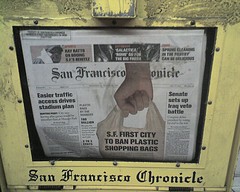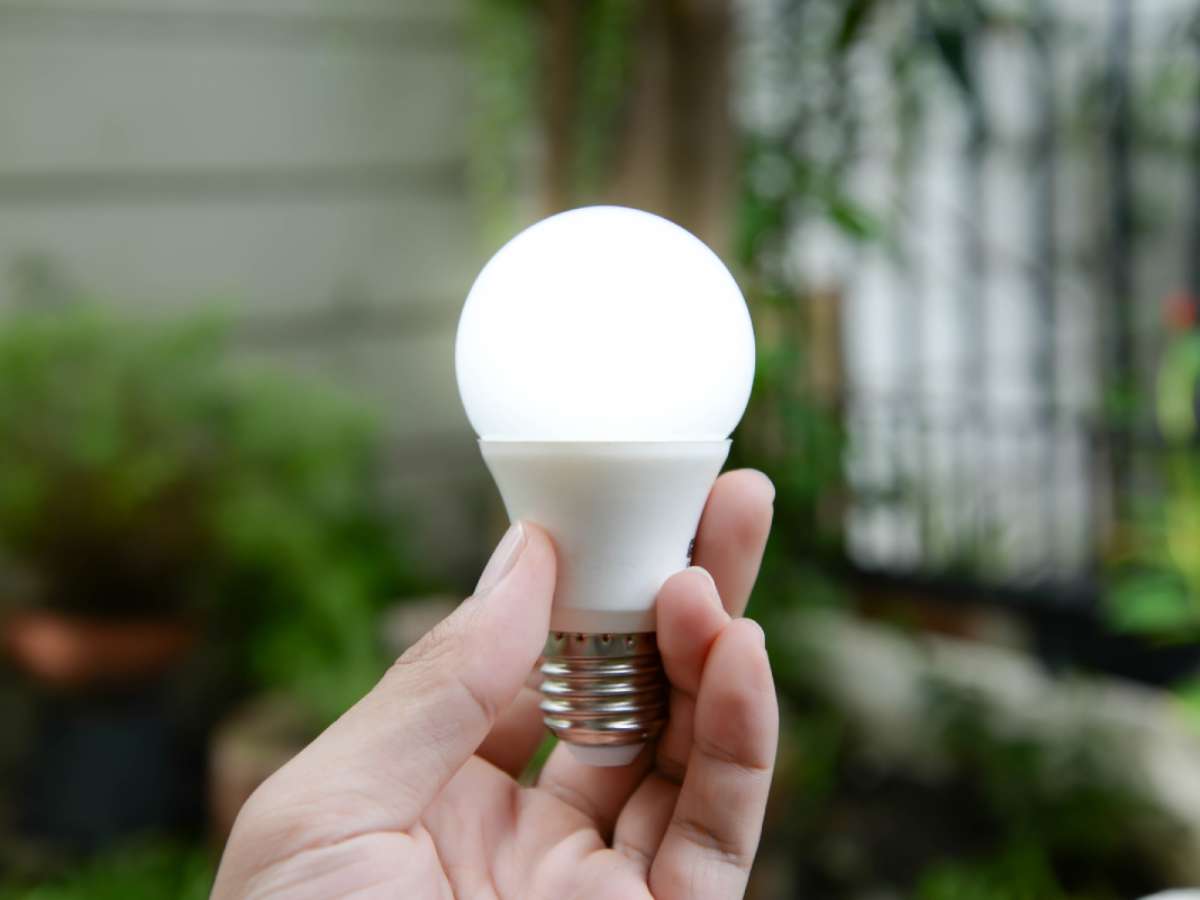 Plastic has been making lots of news recently. Have you noticed?
Plastic has been making lots of news recently. Have you noticed?
The city of San Francisco just passed a ban on plastic bags.
MetaEfficient.com just reported that major furniture retailer Ikea will charge 5 cents per “disposable” plastic bag.
But while that’s all fine and good, do you know why plastic bags are so bad for the environment?
What’s With All The Bans On Plastic Lately?
One of my favorite cartoons from boyhood was G.I. Joe. The show always ended with some event that made the relevant catch phrase quasi-necessary to state once more, “Now you know, and knowing is half the battle.”
Sometimes I feel a little bit like G.I. Joe. Everywhere you look, celebrities are “going green,” cities (and sometimes entire nations/continents) ban various common pollutants like incandescent bulbs and plastic bags, and other giant steps are being made towards sustaining the environment that we’ve begun to cripple.
So what? Why? How are these things important?
Don’t you think the “why” is at least as equally important as the “what” and the “how”? I do.
So what’s the deal with all the plastic bans recently?
Well, here at The Fun Times Guide to Living Green, we’ve talked about this plastic bag dilemma before.
But again, why is it important?
Let’s try to be a little non-biased here and look at both the pro’s and the con’s of plastic.
Pro’s of Plastic:
- Durable
- Cheap to produce
- Requires less energy to produce than alternatives
- Strong (helps protect us when used for helmets and other protective gear)
- Lighter weight than alternatives mean that it requires less fuel to be transported
Con’s of Plastic:
- Non-renewable resource (made from petroleum)
- Can seep harmful toxins and carcinogens into what they contain (especially under the certain conditions)
- Account for nearly 20% of landfill waste
- Pollute lakes, rivers, streams, and oceans when discarded irresponsibly
- Kill hundreds and thousands of animals and sea life every year (especially when used as plastic bags)
The Dilemma: How To Properly Dispose Of Plastics
So as you can see, plastics are not, in my opinion, an inevitable evil out to destroy our planet. They were created with good intentions (as most terrible things are) and do serve some purposes today that make our lives safer and healthier.
However, the BIG issue when it comes to plastics — particularly plastic bags — is our irresponsible disposal of them.
Statistics show that even though plastic bags are cheaper and more green to produce than paper bags, they are:
- made from a non-renewable resource, and
- less likely to be recycled than paper.
In addition, paper, if discarded improperly, will decompose on its own. Plastic will not.
Plastic can also only be recycled to a certain point. After which, it inevitably ends up in a landfill… for where it was destined from the start.
Well that is some VERY brief and basic facts about plastic, specifically plastic bags and their impact on our environment.
What does it boil down to? How responsible we, humans, are with them.
So what about you?
What are some little known plastic facts that you could share in the comments? Do you recycle plastic bags? Do you tote your own canvas shopping bags to the store?
photo: Steve Rhodes



